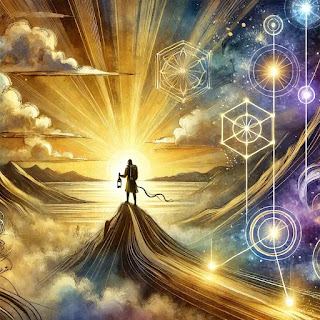We live in a world where connection is constant, but clarity is rare.
Where we’re surrounded by information, but rarely alone with our own thoughts.
Notifications tug at our attention.
Algorithms serve us what we’re “most likely” to engage with.
And everywhere we look, there’s another voice telling us what to buy, think, feel, or fear.
In this digital wilderness, true mental freedom has become a radical act.
To go off-grid no longer means escaping into the forest or abandoning technology.
It means something deeper—something more internal.
It means carving out space where your mind is yours again.
Unshaped by the scroll.
Unaffected by the echo chamber.
Untethered from the pressure to respond, perform, or conform.
So what does going mental off-grid look like?
-
It’s closing the app before the loop begins.
-
It’s journaling before checking messages.
-
It’s choosing silence over noise, and stillness over stimulation.
-
It’s letting your thoughts wander without a destination, a filter, or a hashtag.
Because your best ideas?
Your truest values?
They don’t come from a feed.
They come from still waters—the kind you have to protect from the ripples of distraction.
Reclaiming your thoughts doesn’t mean abandoning the digital world.
It means not letting it define you.
Not letting it drown out the voice that matters most—your own.
So go off-grid, mentally.
Even for a few minutes a day.
Return to the wild space of your own mind, where curiosity still lives, where silence has meaning, and where thought is sacred.
Because in a world of constant connection,
disconnection is power.
What do you do to reset your mind?
Share your unplug rituals or moments of clarity in the comments below.
🌿 #MentalOffGrid #DigitalDetox #ThoughtSovereignty #ReclaimYourMind #LoneWolfChronicles #UnplugToReconnect #MindfulLiving #BlogReflections #DisconnectToThink #SelfSovereignty
















